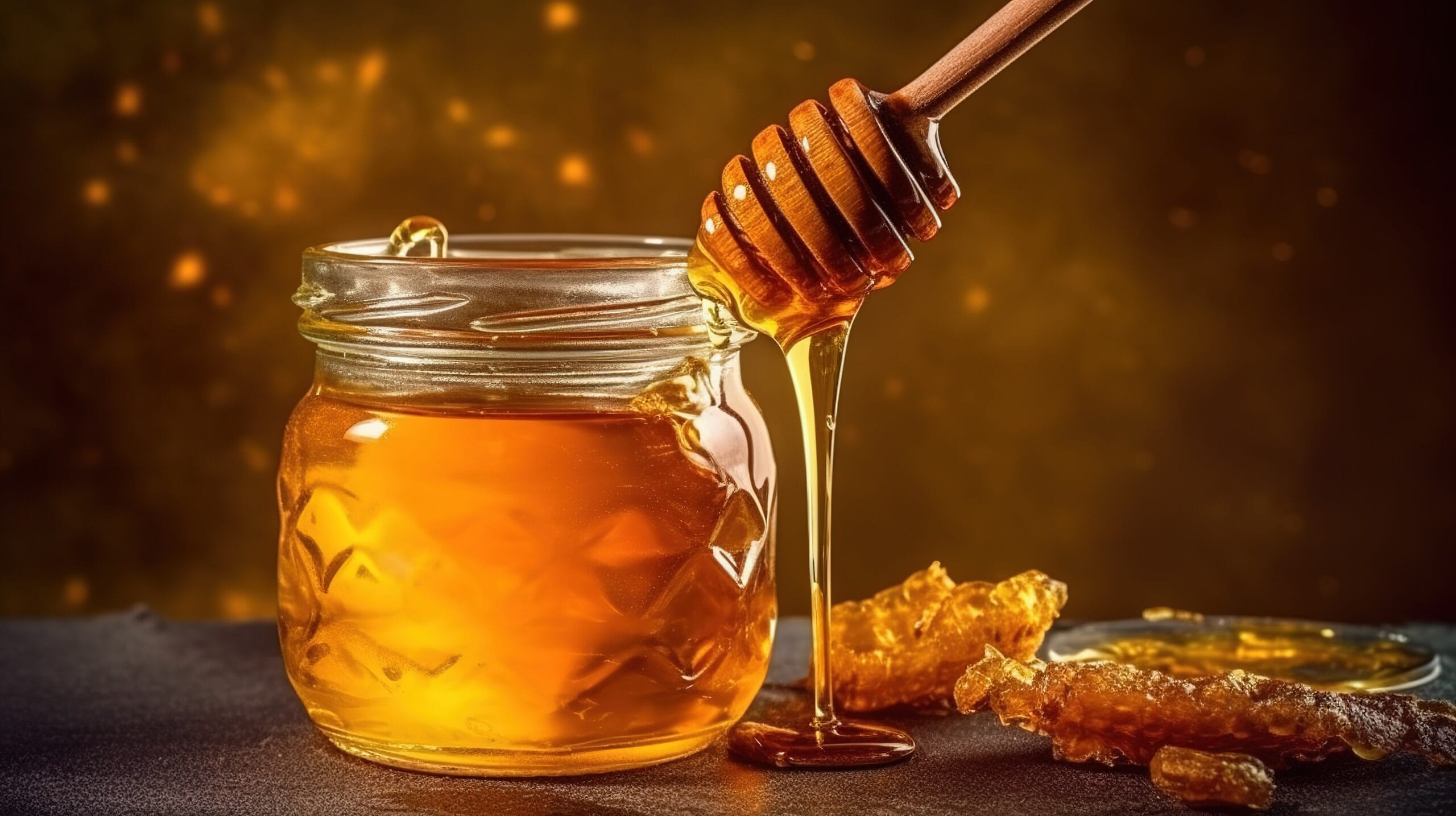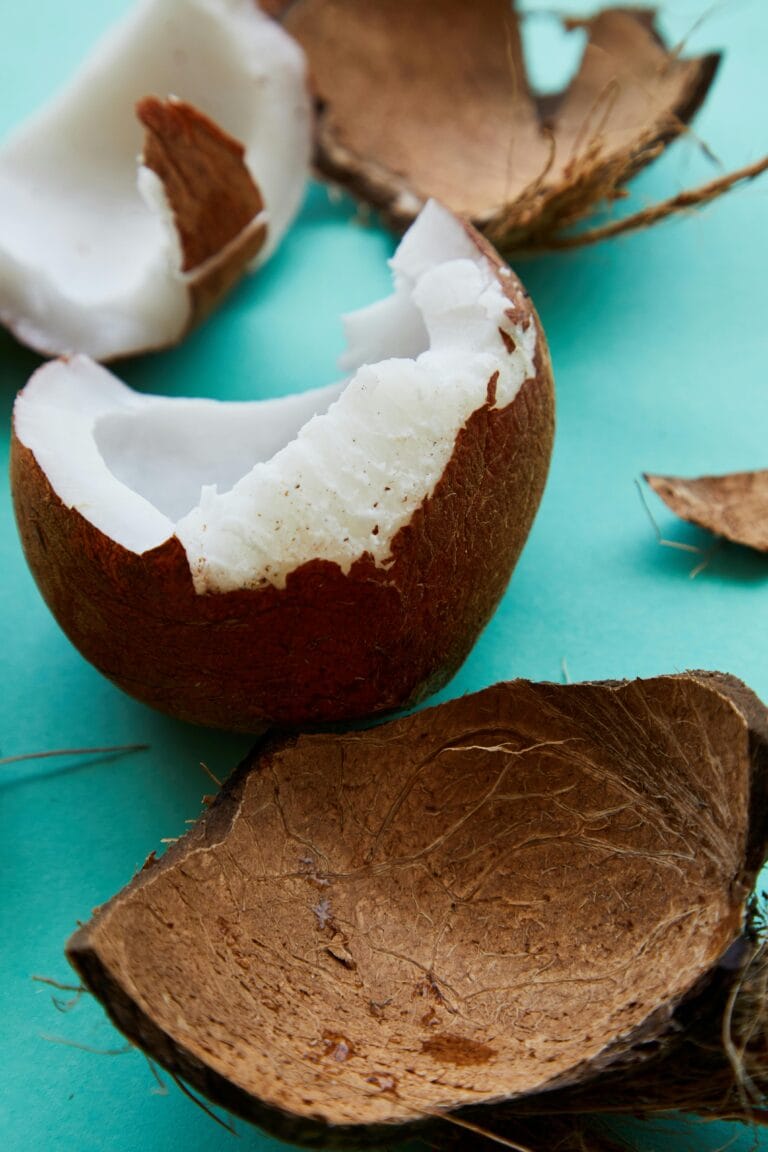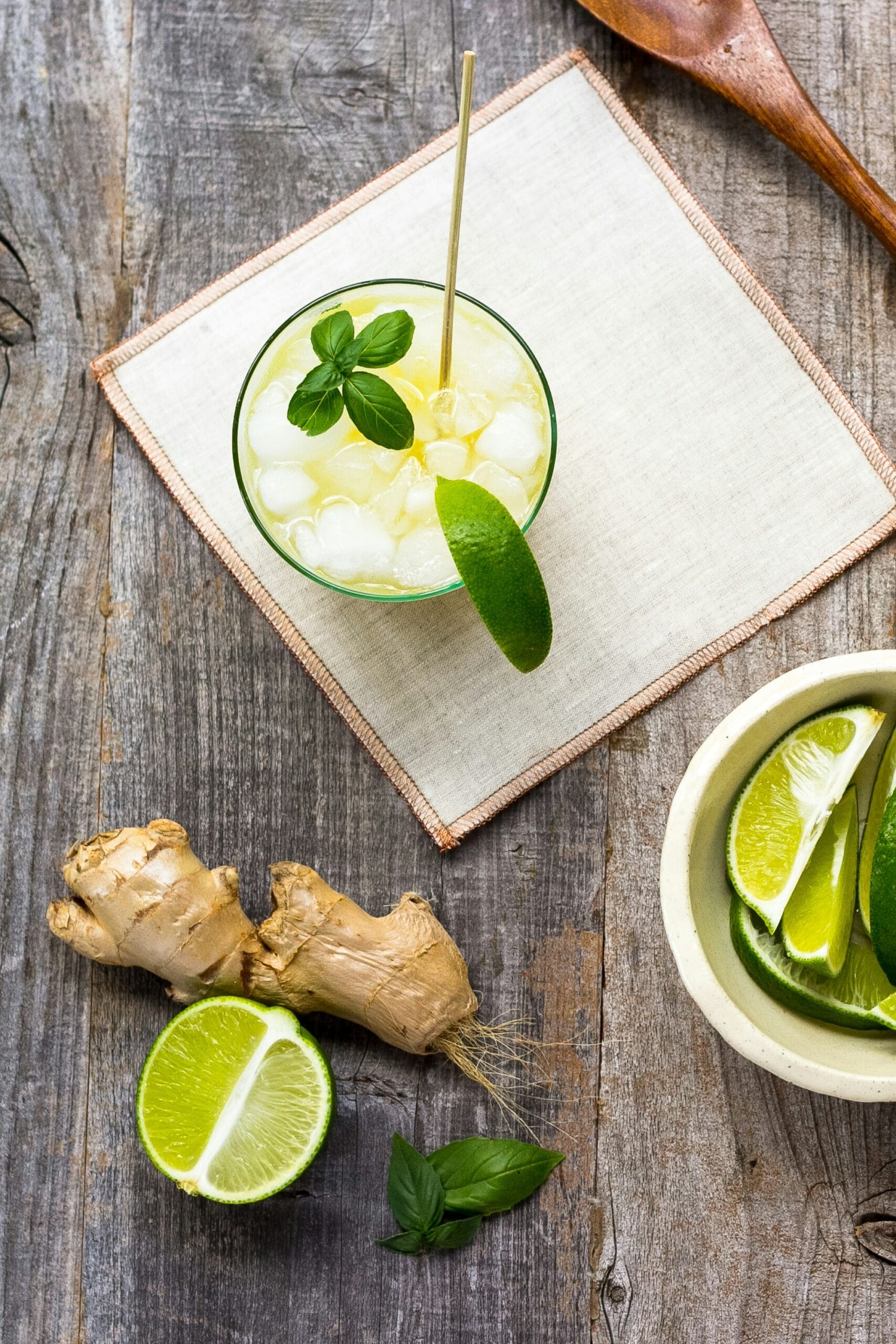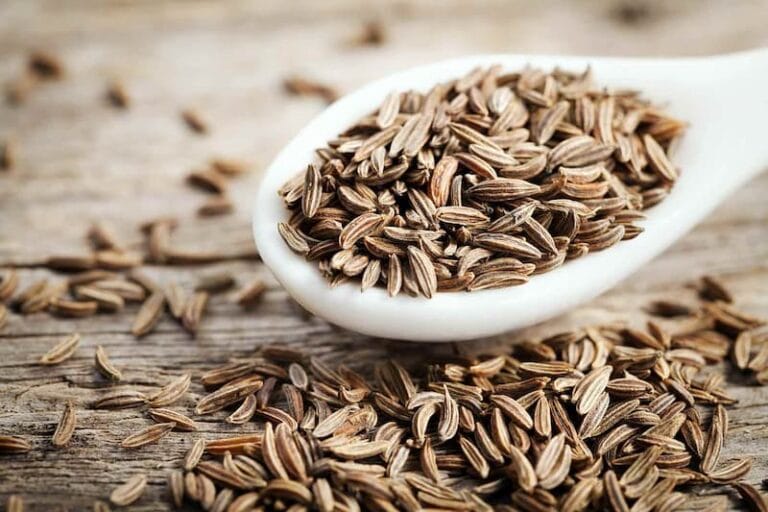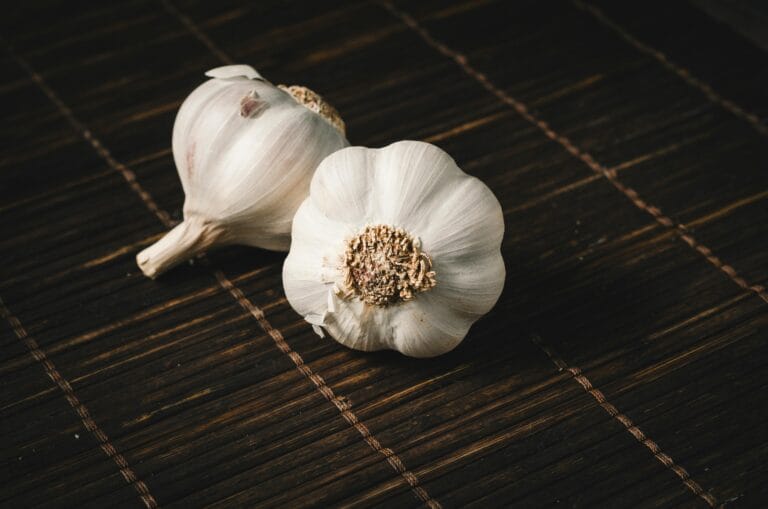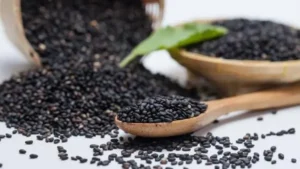Introduction to Honey
Honey, a natural sweet substance produced by bees from the nectar of flowers, has been cherished by various cultures around the world for thousands of years. Its origins trace back to ancient civilizations where it was not only used as a food source but also played a vital role in many medicinal practices. The process of honey production is intricate; bees collect nectar, which is then transformed into honey through a process of regurgitation and evaporation. This remarkable transformation not only creates a syrupy delight but also preserves the essential nutrients that contribute to honey’s nutritional profile.
The significance of honey transcends mere sustenance. In ancient Egypt, it was a revered offering to the gods and used in embalming practices, while in ancient Greece, honey was lauded as the “nectar of the gods.” Various cultures have incorporated honey into their culinary traditions, utilizing it in a range of dishes from savory to sweet. In many parts of the world, honey serves as a central ingredient in traditional recipes, often adding natural sweetness and complexity to the flavor profile.
Moreover, the versatility of honey extends beyond the kitchen; it is often employed for its health benefits. Many cultures have used honey as an effective remedy for various ailments, ranging from coughs to digestive issues. Rich in antioxidants and possessing antibacterial properties, honey has found its way into countless home remedies and wellness products. This golden elixir not only enhances flavors but also promotes well-being, establishing its importance in both food and medicine across cultures. The popularity of honey continues to soar, as people increasingly seek natural alternatives to refined sugars, making it a staple in many households today.
The Nutritional Profile of Honey
Honey, often regarded as nature’s sweetest gift, boasts a complex nutritional profile that provides numerous health benefits. Predominantly composed of natural sugars, primarily fructose and glucose, honey serves as an excellent energy source. Its carbohydrate content measures around 82% of its total weight, offering a quick and efficient energy boost, making it an ideal alternative to refined sugars found in many processed foods.
Besides its sugars, honey is enriched with a variety of essential nutrients. It contains small amounts of vitamins such as B vitamins (including riboflavin, niacin, and pantothenic acid) and vitamin C, contributing to various metabolic processes and overall health. Additionally, honey is a source of important minerals, including calcium, iron, magnesium, potassium, and zinc, each playing vital roles in maintaining bodily functions. These minerals assist in different physiological processes, such as muscle and nerve function, and support the immune system.
Moreover, honey is recognized for its antioxidant properties, attributed to its rich content of phenolic compounds and flavonoids. Antioxidants are crucial for combating oxidative stress and neutralizing harmful free radicals in the body. This characteristic can contribute to reducing the risk of chronic diseases, further establishing honey as a functional food that enhances one’s diet.
When considering sweeteners, honey stands out as a healthier alternative to refined sugars, both in terms of taste and nutritional benefits. Its unique composition not only satisfies one’s sweet tooth but also offers various health-promoting properties. Including honey within a balanced diet allows individuals to enjoy its natural sweetness while reaping its extensive health advantages.
Health Benefits of Honey
Honey, a natural substance produced by bees, has been recognized for its myriad health benefits throughout history. One prominent advantage of honey is its remarkable antibacterial and antifungal properties, which make it an effective agent against various pathogens. Research indicates that honey’s high sugar concentration, coupled with its low pH and the presence of hydrogen peroxide, contributes to its capabilities in inhibiting bacterial growth. This characteristic positions honey as a potential alternative treatment for wounds and infections.
Beyond its antibacterial qualities, honey plays a vital role in boosting the immune system. Regular consumption of honey can enhance the body’s defense mechanisms and support overall health. Studies have shown that honey may stimulate the production of cytokines, which are crucial for immune response. Furthermore, the antioxidants present in honey, such as flavonoids and phenolic acids, help combat oxidative stress, thereby fortifying the body against various diseases.
Honey is also renowned for its soothing effects on sore throats and coughs. A spoonful of honey can relieve irritation and reduce the frequency of coughs, making it a popular choice among those seeking relief from respiratory ailments. Scientific research highlights honey’s efficacy as a natural cough suppressant, comparable to over-the-counter medications. Its viscous consistency coats the throat, providing a calming effect that alleviates discomfort.
In addition to these benefits, honey is a source of essential nutrients, including vitamins and minerals that contribute to overall health. Whether used as a sweetener or consumed directly, honey offers a variety of advantages that extend beyond its delightful taste, promoting wellness in numerous ways. With ongoing research, the full spectrum of honey’s health benefits continues to be unveiled, affirming its status as a nutritional treasure.
Honey in Medicinal Traditions
Honey has been revered for its healing properties across various cultures and medicinal traditions. Its utilization can be traced back to ancient civilizations, where it played a significant role in both health and spiritual practices. In Ayurveda, the ancient Indian system of medicine, honey (known as “Madhu”) is considered a vital component due to its nourishing and therapeutic qualities. It is often used to balance the three doshas—Vata, Pitta, and Kapha—and is believed to enhance digestion, boost immunity, and promote overall vitality. Ayurvedic practitioners frequently combine honey with herbs and spices to create potent remedies for ailments ranging from coughs to skin disorders.
Similarly, in Traditional Chinese Medicine (TCM), honey is recognized for its ability to harmonize the body and promote healing. Classified as a sweet and neutral food, it is often used to moisten the lungs, clear heat, and relieve constipation. TCM practitioners incorporate honey in various herbal mixtures and tonics, highlighting its role in alleviating respiratory issues and digestive disorders. Honey’s antimicrobial properties are also acknowledged, contributing to its use in topical applications for wound healing.
Ancient Egyptian practices reveal that honey was not only utilized for its medicinal benefits but also for its preservative qualities. The Egyptians employed honey to embalm the dead and as an offering to the gods, signifying its revered status. Medical papyri from this era document numerous uses of honey in treatments for wounds, infections, and inflammatory conditions. Historical evidence indicates that honey was mixed with various ingredients, including resins and oils, to create effective healing compounds.
Across these traditions, honey stands out as a natural remedy, with its multifaceted applications fostering health and wellness. Its rich history underscores not only its nutritional value but also its integral role in the healing practices of various cultures. This reverence for honey continues today, demonstrating its lasting significance in both dietary and medicinal contexts.
Culinary Uses of Honey
Honey has long been celebrated not only for its remarkable health benefits but also for its remarkable versatility in the culinary domain. Its unique flavor profile and natural sweetness elevate a variety of dishes, from savory to sweet, making it an indispensable ingredient in numerous recipes. In cooking, honey can be utilized as a natural sweetener that enhances flavors while reducing the reliance on refined sugars. For instance, drizzling honey over roasted vegetables or incorporating it into marinades can add depth and complexity to savory meals.
In baking, honey serves as a valuable substitute for sugar, offering moisture and a subtle floral note. It is particularly effective in recipes for breads, cakes, and cookies, where it can contribute to a tender texture. Bakers often experiment with honey in recipes such as honey-glazed cornbread or honey-infused muffins, providing a delightful twist to traditional flavors. Furthermore, because honey caramelizes faster than granulated sugar, it is advisable to adjust baking times and temperatures to achieve ideal outcomes.
When it comes to beverages, honey is a popular choice for enhancing the taste of teas, smoothies, and cocktails. For example, honey can be incorporated into warm herbal teas, providing not only sweetness but also soothing properties. Mixologists often utilize honey in cocktails, such as a honey whiskey sour, where its distinct flavor harmonizes with spirits and citrus. Additionally, pairing honey with various flavors can create delightful combinations; for instance, honey pairs beautifully with citrus, nuts, and spices, allowing for endless creativity in culinary explorations.
In conclusion, honey’s multifaceted uses in cooking, baking, and beverage creation continuously inspire both amateur and professional chefs alike. Its natural sweetness enhances a myriad of dishes, making it a cherished ingredient in kitchens around the world.
Sourcing Quality Honey
Choosing high-quality honey is essential not only for its taste and nutritional benefits but also for supporting sustainable practices in honey production. There are several key factors to consider when sourcing honey, including its purity, origin, and how it is processed.
First and foremost, identifying raw and unprocessed honey is crucial. Raw honey is extracted from the hive and bottled without significant heating or filtration. This preserves the natural enzymes, antioxidants, and nutrients that are often lost in commercial honey processing. When shopping for honey, look for labels that specify “raw” or “unfiltered” to ensure you are getting a product that retains its healthful properties.
Understanding honey labeling is also important. Many honey products may carry misleading labels, so consumers should familiarize themselves with terms such as “pure,” “organic,” or “wildflower.” Pure honey, for instance, indicates that it contains no additives or artificial ingredients, while organic honey comes from bees that forage on flowers free from pesticides or chemicals. Additionally, some varieties of honey, such as Manuka honey from New Zealand, boast unique health benefits due to their distinct properties, which can be indicated on the label.
Moreover, recognizing different varieties of honey can enhance your selection. Honey can vary in flavor, color, and health benefits depending on the types of flowers visited by the bees. For example, clover honey tends to be light and sweet, while buckwheat honey is darker and has a more robust flavor profile. It is worthwhile to experiment with different types to find the ones that best suit your palate.
Lastly, consider supporting local beekeepers. Local honey not only tends to be fresher but also fosters sustainable practices that benefit the environment. By purchasing honey directly from local producers or farmers’ markets, you help sustain bee populations and promote ecological health.
Potential Risks and Considerations
While honey is often celebrated for its numerous health benefits, there are potential risks associated with its consumption that should be taken into consideration. One of the most significant concerns is the risk of botulism in infants under the age of one. Honey can contain spores of Clostridium botulinum, which may cause serious illness in young children whose digestive systems are not fully developed. Consequently, it is strongly advised that honey should be avoided in any form for infants to prevent the risk of botulism infection.
Aside from age restrictions, allergies to honey or its components can pose another risk. Individuals with pollen allergies or specific food allergies may experience adverse reactions when consuming honey, as it can contain trace amounts of pollen from the flowers visited by bees. Symptoms may range from mild digestive discomfort to more severe allergic responses. Therefore, those with known allergies should consult a healthcare professional before introducing honey into their diet.
Moderation is a crucial factor in safely incorporating honey into one’s diet. Although honey is often perceived as a healthier alternative to refined sugars, excessive consumption can lead to elevated blood sugar levels and potential weight gain. Thus, it is essential to monitor portion sizes and opt for honey as an occasional sweetener rather than a primary source of sugar.
Another important consideration involves the quality of honey being consumed. Over-processed or adulterated honey products may lack the beneficial properties traditionally associated with natural honey. Some commercially available honey may be mixed with sweeteners or undergo extensive processing, reducing its nutritional and medicinal value. Therefore, consumers should be vigilant in selecting high-quality honey from reputable sources to ensure they reap its full benefits.
Future Trends in Honey Production and Consumption
The future of honey production and consumption is being shaped by a range of emerging trends, particularly the impact of environmental factors on bee populations. Climate change poses a significant threat, affecting floral availability and the overall health of honeybee colonies. Fluctuations in temperature and the incidence of extreme weather events can lead to reduced foraging opportunities for bees, subsequently impacting honey yield. Moreover, the increased use of pesticides and habitat destruction further exacerbates the decline in bee populations. As a result, this could lead to fluctuations in honey availability, which, in turn, may affect pricing structures in the market.
In light of these challenges, there is a growing consumer interest in organic and sustainably produced honey. This shift toward ethical consumption is evident as more people seek honey that is produced without harmful chemicals and in a manner that supports bee welfare. Many consumers are now willing to pay a premium for honey that is labeled as organic or harvested through sustainable practices, contributing to a burgeoning market segment that prioritizes environmental responsibility.
Additionally, as awareness of the nutritional benefits of honey increases, consumers are becoming more discerning about their choices. They are increasingly informed about the differences between raw, processed, and floral-specific honeys, leading to a demand for quality over quantity. This trend is likely to persist, encouraging beekeepers to adopt practices that enhance the purity and flavor profiles of their honey, ultimately influencing market dynamics.
As we look to the future, the integration of technology into beekeeping practices could also play a vital role in enhancing honey production. Innovations such as hive monitoring systems and data analysis tools can help beekeepers better understand their colonies and environmental impacts, paving the way for sustainable honey production that meets the rising consumer demands while safeguarding bee populations.
Conclusion
Throughout this exploration of honey, we have uncovered its remarkable nutritional and medicinal qualities, reinforcing its status as a truly unique substance. Honey’s composition, rich in vitamins, minerals, and antioxidants, supports overall health, providing an array of benefits that few other natural products can match. The vitamins and compounds present in honey foster immune system function, promote wound healing, and offer potential antimicrobial properties that have captivated health enthusiasts for centuries.
Moreover, honey’s extensive historical significance cannot be overstated. It has been revered in various cultures from ancient Egypt, where it was used in religious rituals and as a preservative, to traditional practices in Ayurveda and Traditional Chinese Medicine. This rich legacy not only underscores its valued place in human history but also highlights the ongoing relevance of honey in contemporary health discussions.
In light of the numerous advantages associated with honey consumption, integrating it into our diets presents a simple yet effective means to enhance our nutritional intake. Whether used as a natural sweetener in tea, a topping for yogurt, or as a component in various cooking and baking applications, honey offers a delightful flavor profile while contributing to our well-being. As a versatile ingredient, it can enhance both culinary experiences and health outcomes.
As we appreciate honey’s multifaceted benefits and rich cultural significance, it becomes evident that this golden elixir is more than just a sweet treat. The treasure of honey lies not only in its taste but also in its ability to nourish and heal. Therefore, we encourage readers to honor this ancient food by incorporating it into their diets and recognizing its invaluable contributions to our health and heritage.

